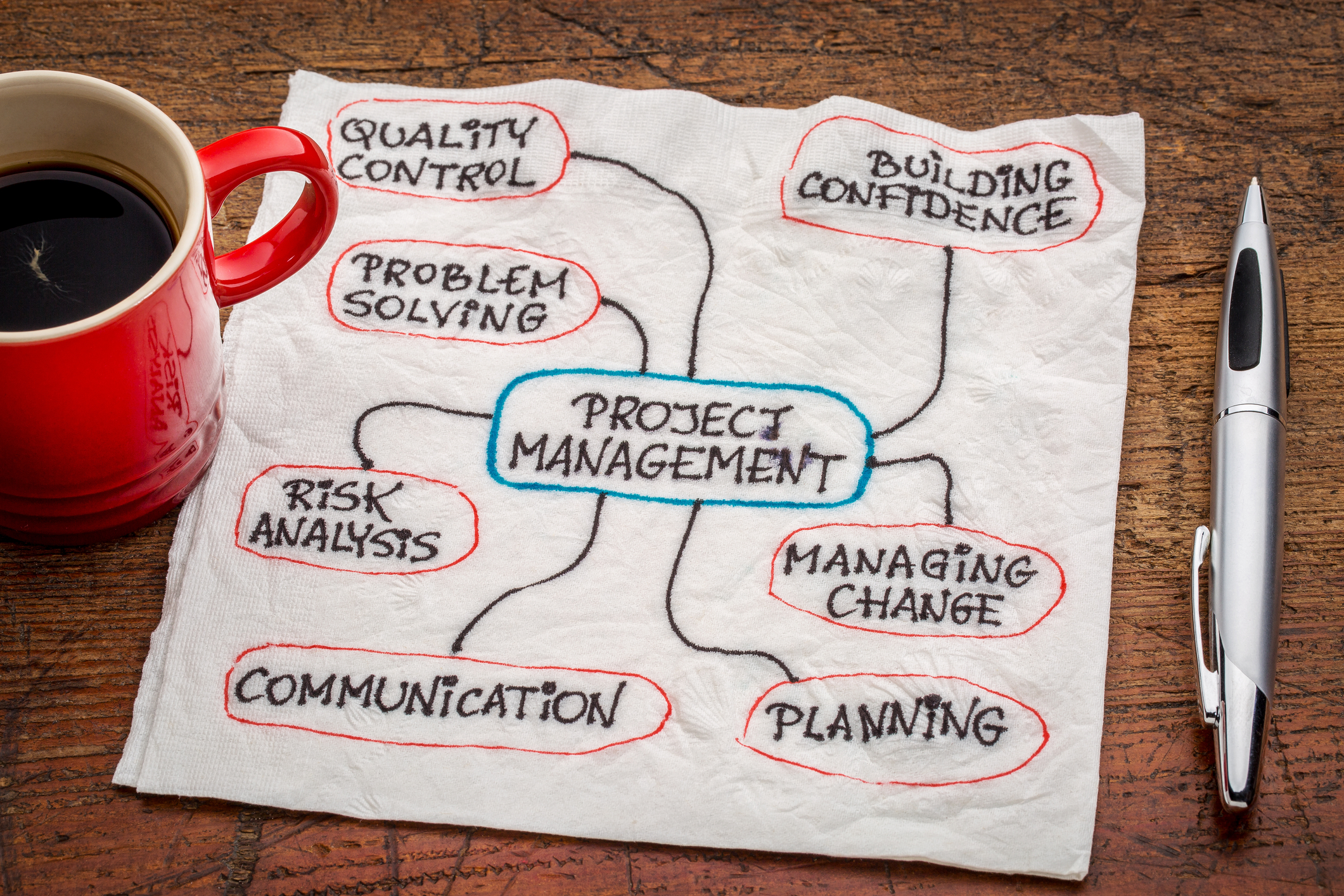In previous articles, we’ve discussed different ways of building your leadership capabilities. One of the methods of expanding your skill set is to volunteer for a new role or project. Have you put up your hand yet?
It’s natural to be hesitant to volunteer for an unfamiliar task yet that’s the very reason you should do it. Hesitancy and nerves are the brain’s way of keeping you safe and protected. It’s keeping you stuck in place. Until you are willing to take a risk, you will not be able to build new skills.
If you’re on the fence about volunteering to manage a special project, let me share some reasons you should make the leap. Each of these project management skills is also a necessary skill for leadership.
Creating context
Nothing powers a project more than people who understand their purpose yet that’s an area where many leaders fail. Over the years, studies have consistently shown that employees do not understand their company’s purpose or the value they are delivering. It’s no wonder engagement is down. To lead a project successfully, it needs the commitment and engagement of the whole team and that means making sure they know what the project is intended to achieve – the ‘why’ behind it. By operating in such an intense yet often short-lived project role, this skill will soon become part of your normal leadership practice. Keep reminding your team of their purpose to keep them engaged and motivated.
Adaptability
It’s rare that a project runs to plan. Everything changes; even, on occasion your original purpose. A project leader must learn to quickly adapt to change so he or she can help the team adapt, too. You adapt to new learning, new discoveries, new challenges, new systems – even to the new growth within your team. Your original project plans might need to be changed to suit the situation and take advantage of new ideas and opportunities. Nothing is set in stone so every project leader must learn to be adaptable on the spot. Part of that skill is in helping your team find ways to adapt, too.
Resourcefulness
Because nothing ever runs to plan in a project, a leader needs to be resourceful. Your team is relying on you for answers and solutions. Tony Robbins says, “It’s not the lack of resources, it’s your lack of resourcefulness that stops you!” You can’t always ask for more money or more time for your project so change the way you think. Find alternative solutions, change your strategies, redefine your priorities, re-examine your team skills and abilities… There is always a solution and that’s what you need to demonstrate to ( and encourage in) your team
Calmness
How do you react when something goes wrong? What triggers you to panic? What makes you lose your cool? As project leader, you can’t show your panic because it will make the team panic, too.
Panic gets you nowhere. That’s why it’s important to present a calm image. When you know what triggers your panic, you can anticipate and manage your response. You know your team is going to miss the first deadline? OK, so rather than being stressed, present a calm face and look for what you CAN present on time. Together with your team, look for ways to change or improve your processes so you don’t miss another deadline. If the deadline was unrealistic, help the team accept it and refocus to the next steps in the project. By learning to be calm in the face of challenges, you create a feeling of safety and stability so your team can flourish.
If these are skills you need to develop or perfect, stepping into a project leadership role is an immersion in leadership growth. Are you willing to step into growth?


